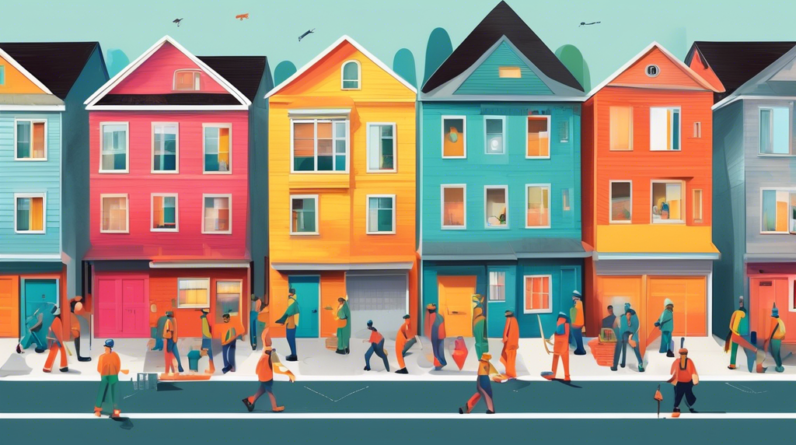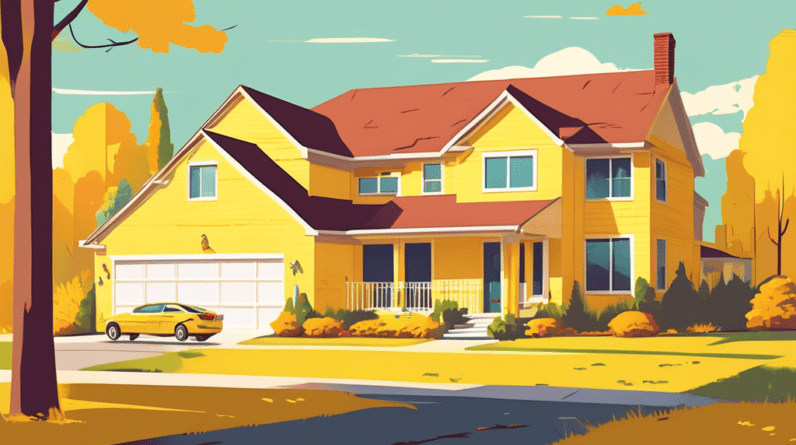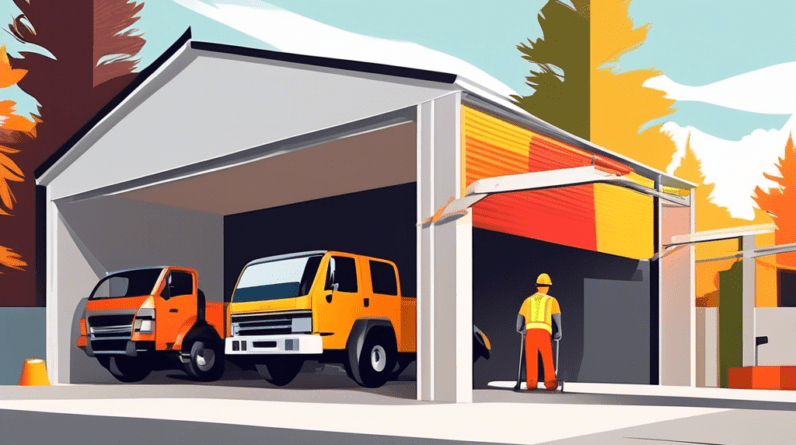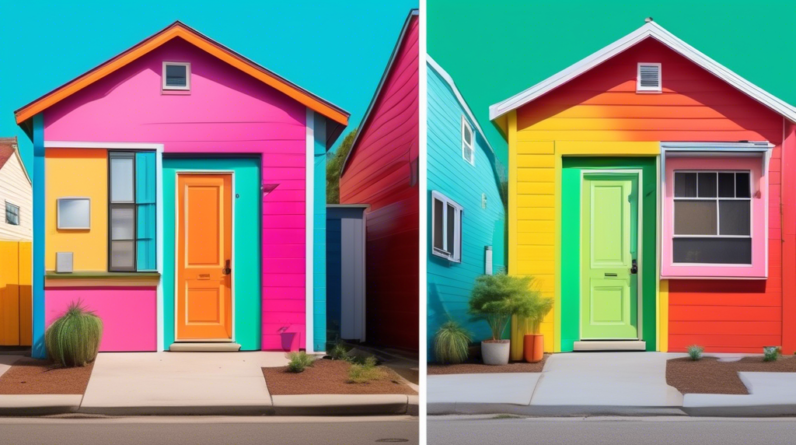
A Controversial Solution to a Growing Crisis
In a bold move to address the escalating affordable housing crisis, a Kissimmee city commissioner has put forth a controversial proposal: converting residential garages into affordable housing units. The proposal has ignited heated debate, with proponents lauding its innovative approach and critics expressing concerns over potential drawbacks.
The Growing Need for Affordable Housing in Kissimmee
Kissimmee, like many cities across the nation, is grappling with a severe shortage of affordable housing options. The cost of living has risen dramatically in recent years, while wages have remained stagnant, putting a strain on working-class families and individuals. Finding safe, decent, and affordable housing has become an increasingly difficult task.
The lack of affordable housing has far-reaching consequences, impacting families, communities, and the local economy. It can lead to overcrowding, homelessness, financial instability, and difficulty attracting and retaining a skilled workforce. Addressing this crisis is crucial for the well-being and prosperity of Kissimmee.
The Garage Conversion Proposal: An Innovative Approach
The garage conversion proposal, spearheaded by Commissioner [Commissioner’s Name], aims to leverage existing infrastructure to create additional affordable housing units. The plan envisions homeowners receiving financial incentives to convert their garages into independent living spaces, complete with kitchens, bathrooms, and separate entrances. These units would then be rented out at below-market rates to eligible individuals or families.
Proponents of the proposal highlight several potential benefits:
- Increased Affordable Housing Stock: Garage conversions offer a relatively quick and cost-effective way to create new housing units without the need for extensive land development.
- Financial Assistance for Homeowners: The financial incentives provided to homeowners can help offset the costs of conversion, potentially providing an additional source of income.
- Revitalization of Existing Neighborhoods: By converting underutilized spaces into vibrant housing units, the proposal could contribute to the revitalization of existing neighborhoods.
Addressing Concerns and Potential Drawbacks
Despite its potential benefits, the garage conversion proposal has also drawn criticism and concerns from residents and experts alike. Some of the key concerns include:
- Impact on Parking and Traffic: Converting garages into living spaces would eliminate parking spaces, potentially exacerbating existing parking and traffic congestion in residential areas.
- Strain on Infrastructure: The influx of new residents could put a strain on existing infrastructure, such as water and sewer systems, requiring upgrades and improvements.
- Property Values and Neighborhood Character: Some residents worry that garage conversions could negatively impact property values and alter the character of their neighborhoods.
- Tenant Screening and Management: Ensuring the safety and well-being of both tenants and homeowners requires robust tenant screening processes and responsible property management.
Finding a Balanced Solution
The garage conversion proposal has ignited a crucial conversation about creative solutions to the affordable housing crisis in Kissimmee. While the proposal offers potential benefits, it is essential to carefully consider and address the concerns raised by residents and experts.
Moving forward, city officials must prioritize community engagement, gathering input from residents, homeowners, and relevant stakeholders. Thoroughly assessing the potential impact on infrastructure, parking, and neighborhood character is crucial. Implementing robust tenant screening processes and ensuring responsible property management will be essential for the success of any such program.
Conclusion
The Kissimmee garage conversion proposal reflects the urgency of the affordable housing crisis and the need for innovative solutions. While the proposal presents both opportunities and challenges, it has sparked a vital conversation about how to create more inclusive and affordable communities. By carefully considering all perspectives, engaging in thoughtful dialogue, and addressing potential drawbacks, Kissimmee has the opportunity to develop a balanced approach that benefits both current and future residents.






